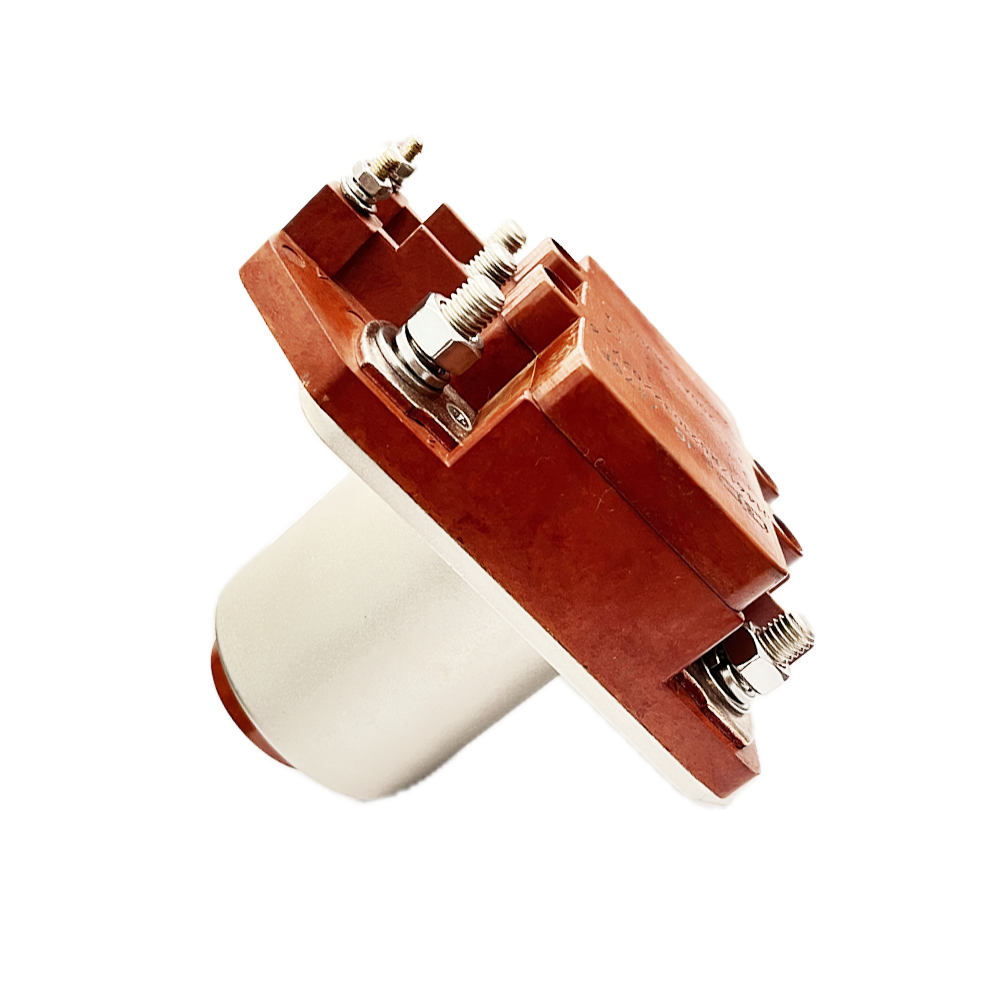Understanding DC Contactors: Essential Components for Efficient Electrical Control
2025-08-02

DC contactors are electromagnetic switches designed to control high-voltage and high-current DC loads. They function similarly to relays but are specifically built to handle the unique challenges posed by direct current applications. Unlike alternating current (AC), which periodically reverses direction, DC flows in one direction, leading to distinct considerations for circuit design and load management.
One of the main advantages of DC contactors is their ability to provide reliable switching capabilities in various industrial and commercial applications. These devices are commonly used in battery management systems, electric vehicles, renewable energy systems, and motor control circuits. Their robust design ensures they can withstand the wear and tear associated with frequent switching, which is essential in applications that require consistent operation.
When selecting a DC contactor, several important specifications should be considered. The contact rating, which indicates the maximum current and voltage the contactor can handle, is crucial for ensuring compatibility with the intended application. Additionally, the coil voltage rating is vital, as it determines the voltage required to energize the contactor. Proper matching of these ratings helps prevent premature failure and ensures safe operation.
Another critical aspect of DC contactors is their arc suppression capabilities. When switching DC loads, the potential for arcing is significantly higher than with AC loads due to DC’s continuous flow. High-quality DC contactors are designed with built-in mechanisms to minimize arcing, such as arc chutes or magnetic blowouts. These features enhance the longevity of the contacts and maintain the integrity of the circuit.
Moreover, the mounting style and physical dimensions of the DC contactor should align with the installation requirements. Some contactors are designed for panel mounting, while others may be suitable for DIN rail mounting. Understanding the physical constraints of your system is key to selecting the right component.
In summary, DC contactors play an essential role in various electronic and electrical applications by providing effective control over DC circuits. By understanding their functionality and specifications, users can select the appropriate device to enhance their systems, ensuring reliability and efficiency. Whether for industrial automation, renewable energy setups, or automotive applications, the right DC contactor can significantly impact performance and safety.
One of the main advantages of DC contactors is their ability to provide reliable switching capabilities in various industrial and commercial applications. These devices are commonly used in battery management systems, electric vehicles, renewable energy systems, and motor control circuits. Their robust design ensures they can withstand the wear and tear associated with frequent switching, which is essential in applications that require consistent operation.
When selecting a DC contactor, several important specifications should be considered. The contact rating, which indicates the maximum current and voltage the contactor can handle, is crucial for ensuring compatibility with the intended application. Additionally, the coil voltage rating is vital, as it determines the voltage required to energize the contactor. Proper matching of these ratings helps prevent premature failure and ensures safe operation.
Another critical aspect of DC contactors is their arc suppression capabilities. When switching DC loads, the potential for arcing is significantly higher than with AC loads due to DC’s continuous flow. High-quality DC contactors are designed with built-in mechanisms to minimize arcing, such as arc chutes or magnetic blowouts. These features enhance the longevity of the contacts and maintain the integrity of the circuit.
Moreover, the mounting style and physical dimensions of the DC contactor should align with the installation requirements. Some contactors are designed for panel mounting, while others may be suitable for DIN rail mounting. Understanding the physical constraints of your system is key to selecting the right component.
In summary, DC contactors play an essential role in various electronic and electrical applications by providing effective control over DC circuits. By understanding their functionality and specifications, users can select the appropriate device to enhance their systems, ensuring reliability and efficiency. Whether for industrial automation, renewable energy setups, or automotive applications, the right DC contactor can significantly impact performance and safety.


